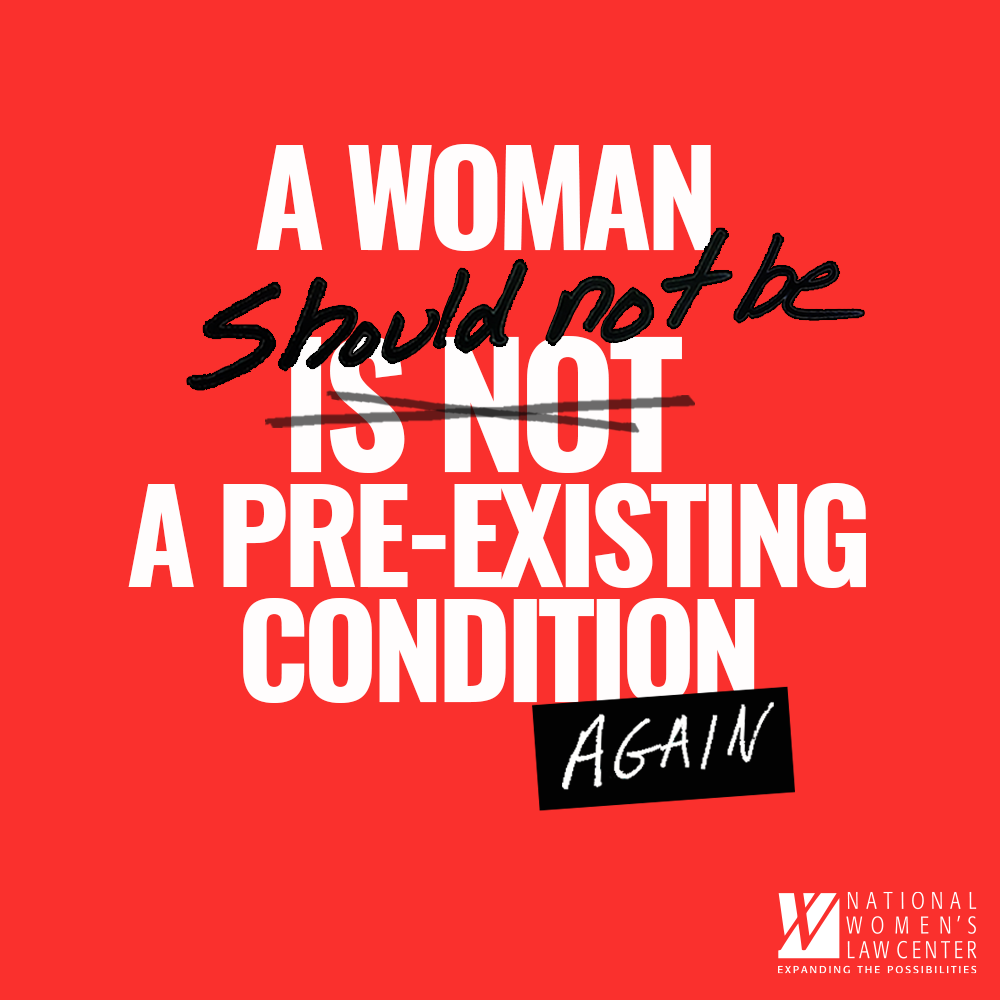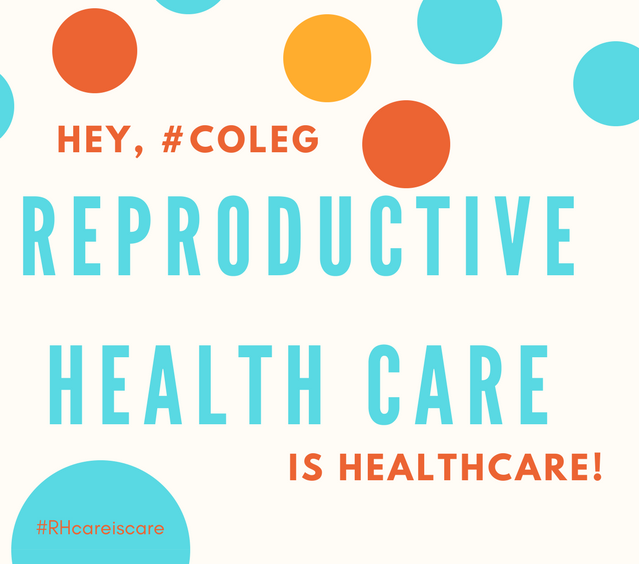NIFLA v. Becerra before the Supreme Court: Will the Court Protect Women from the Deceptive Practices of Anti-Abortion Counseling Centers?

Last week, the Supreme Court heard oral arguments in NIFLA v. Becerra. In this case, anti-abortion counseling centers are challenging a California law, the Reproductive FACT Act, which was passed to counteract the deceptive practices of these centers, which mislead women, lie about medical facts, and delay access to comprehensive reproductive or prenatal care – all of which harm women.
The FACT Act is a straightforward consumer protection law: it helps provide important timely information to pregnant individuals and makes sure they receive accurate information about the full range of options and programs related to pregnancy and family planning. But anti-abortion counseling centers want to overturn this requirement so they can continue to mislead women with their deceptive practices. These centers, represented by several national organizations, sued as soon as the FACT Act was passed in 2015. They lost at both federal district courts and the Ninth Circuit Court of Appeals, so now they are appealing to the Supreme Court.
At last Tuesday’s oral argument, attorneys for the anti-abortion counseling centers made several arguments that ignored the fact that the centers lure women into their facilities under false pretenses and do not provide the full range of reproductive health options. They argued that the law was not a regulation to protect consumers, but instead an attack on anti-abortion counseling centers’ free speech rights – even though that argument had not been persuasive with the lower courts. Attorneys for the anti-abortion counseling centers also argued that the law unfairly targeted anti-abortion counseling centers, which isn’t accurate: the law only requires those that don’t offer the full range of reproductive health services to provide the notice, because the intent is to ensure California women know about all of the free or low-cost options available to them.
The deception at the heart of the case was highlighted when attorneys for the anti-abortion counseling centers argued that informed consent laws for abortion providers are different than the disclosures required under the FACT Act because anti-abortion counselling centers aren’t offering medical services – despite the fact that they do provide limited medical services, used as tools to shame women and steer them away from abortion. In response, Justice Sotomayor launched into a line of questioning about the website of an anti-abortion counseling center that she had looked at online. She talked about the appearance of the website – “there is a woman on the home page with a uniform that looks like a nurse’s uniform in front of an ultrasound machine. It shows an exam room.” Justice Sotomayor then walked through the services advertised on the website of the anti-abortion counseling center, including education about abortion methods, and pointed out that the center claimed to follow the health privacy regulations required of medical providers. Justice Sotomayor then asked, “[i]f a reasonable person could look at this website and think that you’re giving medical advice,” would it be wrong to make clear that unlicensed centers aren’t medical providers?
Reproductive rights advocates will likely have to wait until the summer for a decision in NIFLA v. Becerra, and in reaching its decision, I hope that the Court will understand that this case isn’t about free speech. It’s about the deceptive practices of anti-abortion counseling centers and the harm that they cause women. That is the only reason why the information provided by the FACT Act to counteract the deception was necessary. And that’s why the National Women’s Law Center, along with 50 other reproductive rights, civil rights, and social justice organizations, filed an amicus brief that highlights the deceptive practices of anti-abortion counseling centers and shares the stories of women who faced real harm as the result of visiting such centers.
We hope that the Supreme Court will consider the harms that women face when they visit anti-abortion counseling centers, and take this opportunity to make clear that laws – like the California FACT Act – that protect women from anti-abortion counseling centers’ deception will stand.





